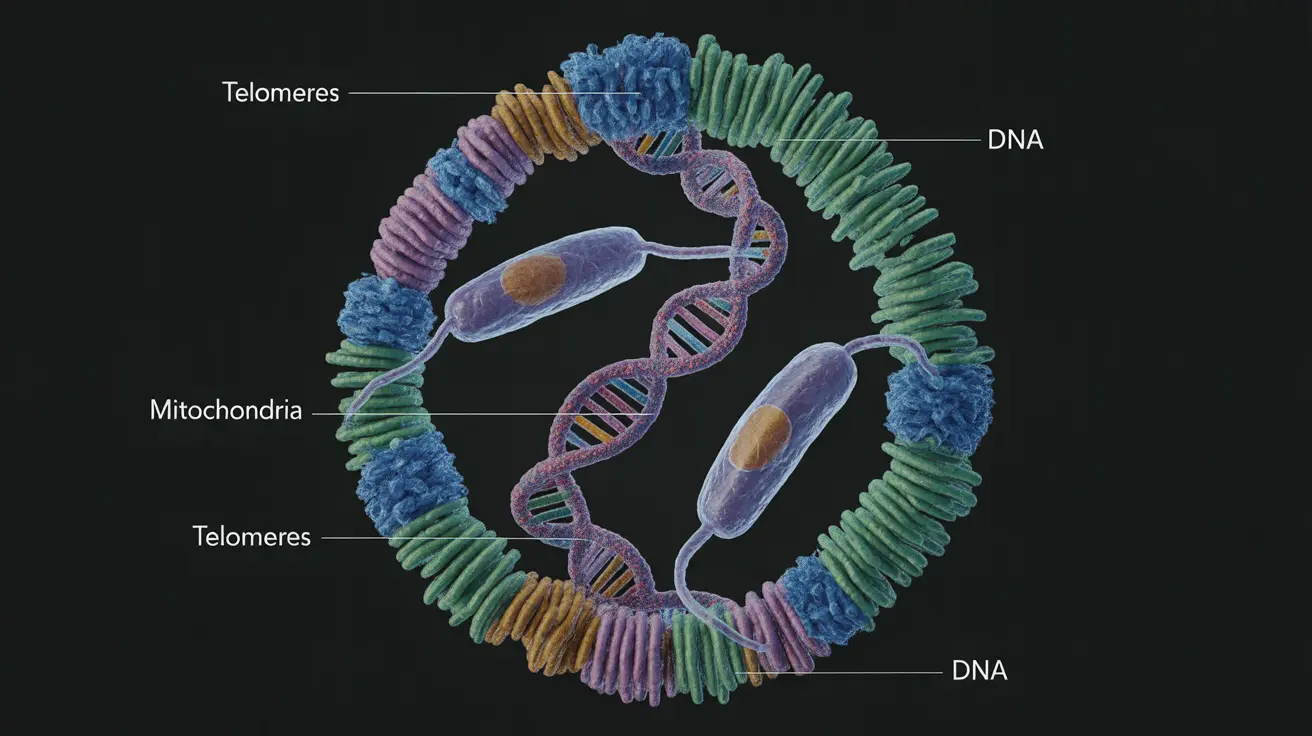The world of gut health can be complex, especially when it comes to understanding the difference between prebiotics and probiotics. While these terms may sound similar, they play distinct yet complementary roles in maintaining your digestive health and overall well-being. This comprehensive guide will help you understand how these powerful dietary components work together to support your gut microbiome.
Understanding the Basics: Prebiotics vs Probiotics
Prebiotics and probiotics are fundamentally different substances that work together to maintain gut health. Probiotics are living beneficial bacteria that populate your digestive system, while prebiotics are specialized plant fibers that feed these beneficial bacteria. Think of prebiotics as the fertilizer and probiotics as the beneficial plants in your gut's garden.
The Science Behind Probiotics
Probiotics are live microorganisms that provide health benefits when consumed in adequate amounts. These beneficial bacteria help maintain the balance of your gut microbiome and support various bodily functions.
Key Benefits of Probiotics
- Support digestive health
- Help maintain immune system function
- May reduce inflammation
- Can improve nutrient absorption
- May help with certain digestive disorders
Understanding Prebiotics
Prebiotics are specialized plant fibers that act as food for the good bacteria in your gut. These compounds pass through your digestive system undigested until they reach your lower digestive tract, where they're fermented by your gut microbiota.
Primary Functions of Prebiotics
- Nourish beneficial gut bacteria
- Support healthy digestion
- Help maintain gut barrier function
- May improve mineral absorption
- Support regular bowel movements
Food Sources Rich in Prebiotics and Probiotics
Prebiotic-Rich Foods
- Onions and garlic
- Bananas
- Asparagus
- Jerusalem artichokes
- Whole grains
- Chicory root
Probiotic-Rich Foods
- Yogurt
- Kefir
- Sauerkraut
- Kimchi
- Kombucha
- Tempeh
Combining Prebiotics and Probiotics for Optimal Health
The synergistic relationship between prebiotics and probiotics, known as microbiome support, is crucial for maintaining optimal gut health. When consumed together, they create a powerful combination that can enhance the effectiveness of both components.
Supplementation Guidelines
While getting prebiotics and probiotics through food is ideal, supplements can be beneficial for some people. When choosing supplements, look for products with clearly labeled strains and colony-forming units (CFUs) for probiotics, and specific fiber types for prebiotics.
Frequently Asked Questions
What is the difference between prebiotics and probiotics and how do they work together for gut health?
Prebiotics are specialized plant fibers that feed beneficial gut bacteria, while probiotics are live beneficial bacteria themselves. They work together synergistically: prebiotics provide nourishment for the probiotic bacteria, allowing them to thrive and provide health benefits in your gut.
What are the main health benefits of taking probiotics versus prebiotics?
Probiotics directly add beneficial bacteria to your gut, supporting immune function and digestive health. Prebiotics, on the other hand, nourish existing beneficial bacteria, promoting their growth and activity. Both contribute to overall gut health but through different mechanisms.
Which foods are rich in prebiotics and which contain probiotics?
Prebiotic-rich foods include onions, garlic, bananas, and asparagus. Probiotic-rich foods include fermented products like yogurt, kefir, sauerkraut, and kimchi. Including both types in your diet provides comprehensive gut health support.
Can taking prebiotic and probiotic supplements improve digestion and immune function?
Yes, research suggests that supplementing with both prebiotics and probiotics can improve digestive health and boost immune function. However, results can vary among individuals, and it's important to choose high-quality supplements and consult with a healthcare provider.
How should I include prebiotics and probiotics in my diet for the best results?
For optimal results, incorporate both prebiotic and probiotic foods into your daily diet. Start with small amounts and gradually increase intake to avoid digestive discomfort. Consider having probiotic foods daily and including prebiotic-rich foods in multiple meals throughout the day.




